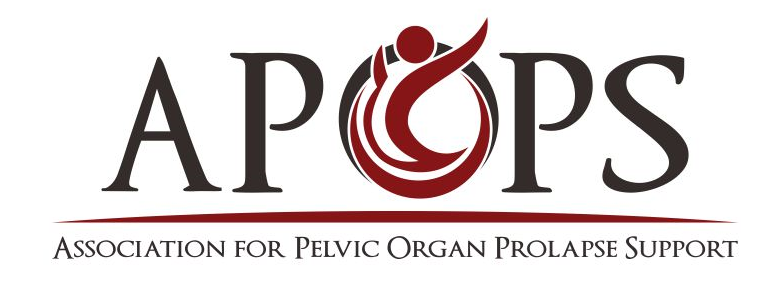THE FDA MESH AGENDA; PART TWO
By Sherrie Palm
The minutes prior to addressing the FDA, multiple sensations course through your body. Excitement, anxiety, and energy all play an equal role in any public speaking venue but are particularly pronounced when addressing an organization that oversees multiple arenas of healthcare. As I tried to do something with my hair the morning I was addressing the committee, I repetitively reflected on my reason for speaking at this meeting-each and every one of you. Every day women reach out to me with their extremely personal stories. Every day I reflect on the multiple layers of impact POP has to our lives. Every day I wonder if am doing enough to shift our cause forward.
The pendulum did swing radically in both directions throughout the day. Each side of the debate feels equally passionate about whether or not transvaginal mesh repair should continue to be an option for treatment of pelvic organ prolapse. Those who oppose TV mesh procedures feel it is too risky with little or no benefit over mesh free procedures. Those of us who are proponents of this treatment option feel it decreases the risk for additional surgical procedures down the road.
Emotions ran particularly high throughout the meeting; at times the energy was palpable. Every speaker in attendance came to make a very specific stand for his or her cause or beliefs. To say it was a packed house is an understatement. In attendance were urogynecologists, urologists, medical device manufacturing representatives, heads of multiple organizations tied to pelvic floor health, patient advocates, women’s health advocates, and individuals who’ve suffered mesh complications. Multiple voices were on hand to share insights, statistics, and experiences.
At the end of the day, the most significant impact I feel will come out of this pivotal meeting of the minds is forward momentum in recognition of the significance of pelvic organ prolapse to women‘s lives. A spotlight has finally been aimed toward the best kept secret in women’s health. Yes women are unquestionably more anxious about POP surgical procedures, but that may translate to more women asking their physicians the appropriate questions. A shift has finally begun. The world is finally listening. As we continue to bang the drum, improved treatments and significant modifications in protocol will help us find additional avenues to assist women grappling with the multiple layers of impact POP has to our lives.
HOPE HEALS
November 2011

